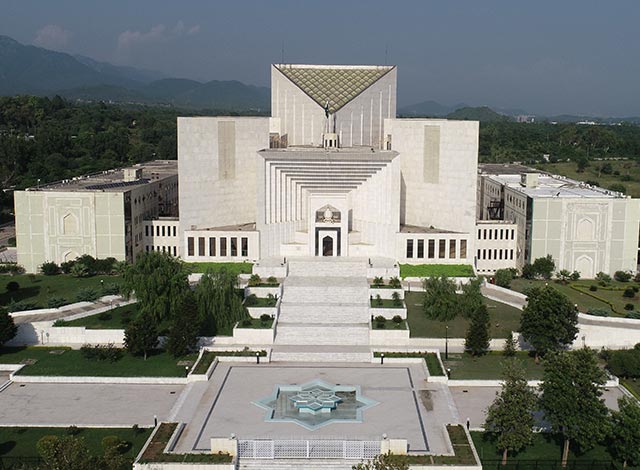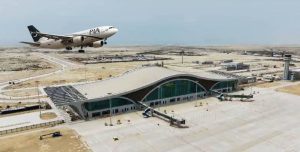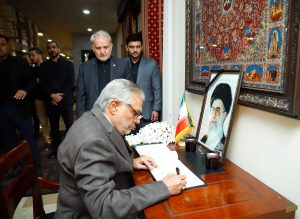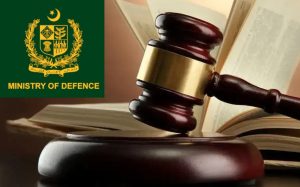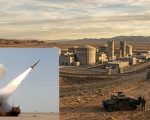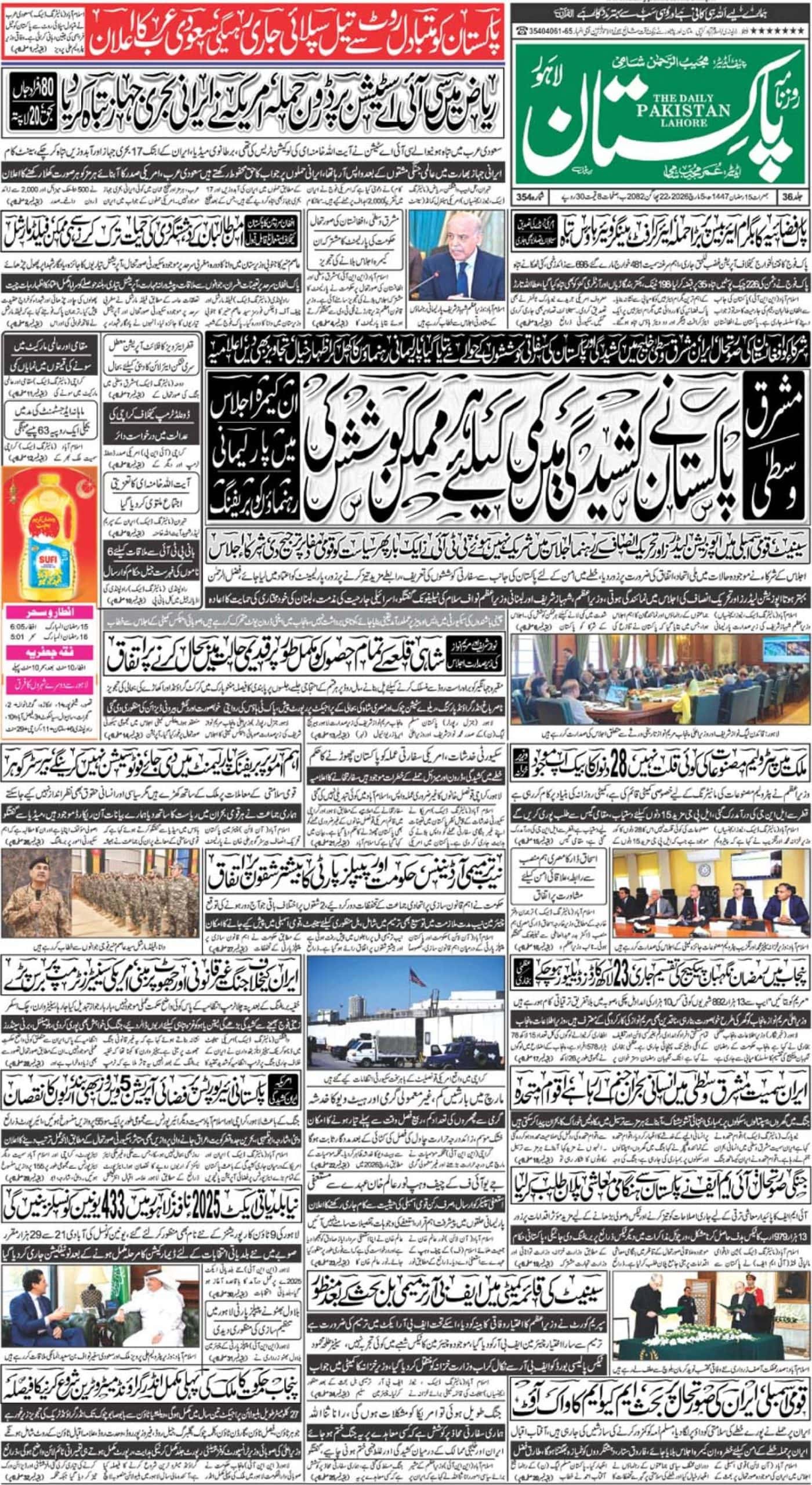ISLAMABAD – A six-member bench of the Supreme Court (SC) has reconvened to hear a series of petitions challenging the use of military courts to try civilians.
The bench includes Chief Justice of Pakistan (CJP) Umar Ata Bandial, along with Justices Ijazul Ahsan, Munib Akhtar, Yahya Afridi, Sayyed Mazahar Ali Akbar Naqvi, and Ayesha A Malik.
During the previous hearing, the federal government assured the SC that convictions related to the May 9 violence would not result in capital punishment. However, the government requested more time to consider granting a substantive right of appeal against military court decisions.
Attorney General for Pakistan, Mansoor Usman Awan, informed the bench that this matter requires careful consideration, given its potential serious implications for cases like that of Indian spy Kulbhushan Jadhav or individuals charged with espionage and declared enemies of the state.
The petitions were filed by former CJP Jawwad S Khawaja, Aitzaz Ahsan, Karamat Ali, and the PTI chairman.
Khawaja, represented by Advocate Khawaja Ahmad, urged the top court to declare the trial of civilians by military courts as unconstitutional. He argued that Section 2(1)(d)(i) and (ii) of the Pakistan Army Act were inconsistent with the fundamental rights granted by the Constitution and should be struck down. As an interim measure, he requested the suspension of all proceedings against civilians based on those sections or, alternatively, restraining any military court from passing a final order in such cases.
Prior to this petition, five members of civil society from various cities, represented by counsel Faisal Siddiqi, challenged the legality of trying civilians in military courts concerning the May 9 violence in the country.
SC rejects AGP’s request for full court to hear pleas against civilians trial in military courts

